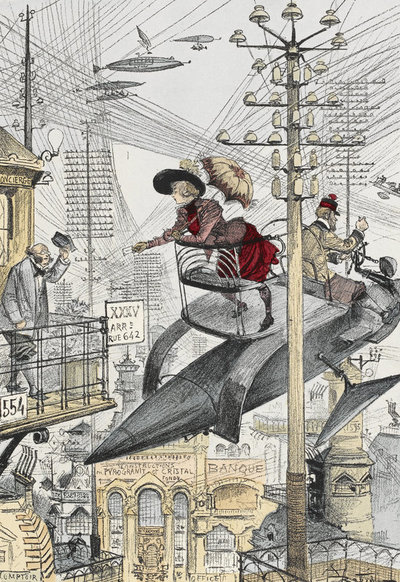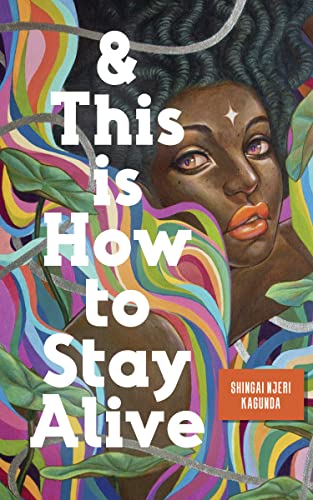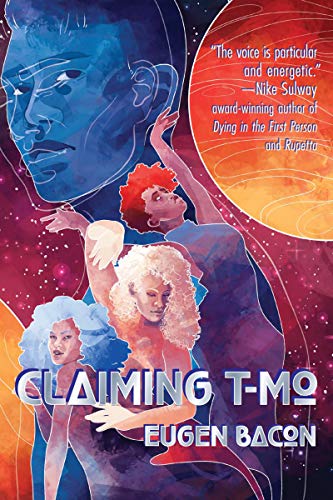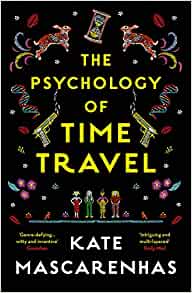|
Shingai Njeri Kagunda, & This Is How To Stay Alive, Neon Hemlock Press, 2021. This gorgeously written fantasy novella is more than a time travel story. It is a poignant story about grief and a sharp satire about society. Nyokabi's brother, Baraka, dies. An auntie gives the grieving young woman a strange potion to drink, and Nyokabi finds herself going back in time, when her brother was still alive. Will she succeed in saving him? TW: suicide. It is extremely impressive how packed such a short story is. Of course, the novella is about grief, and Shingai Njeri Kagunda describes it in a very poignant way. Not only the mental health effects, but also the physical effects, the consequences on a family, and how other people perceive the grieving person. But & This Is How To Stay Alive goes so much deeper than that, because the family grieves because Baraka committed suicide, a young man living in Kenya who enjoyed wearing eyeliner, who was bullied by classmates for not being man enough. The words are never said, but Shingai Njeri Kagunda shows without holding punches the consequences of homophobia, particularly on young people, and particularly in a country where being homosexual is still a crime. It is also the way women are perceived in society that is discussed. Nyokabi is the "responsible eldest daughter". Women should behave in an acceptable way. But the women of this story all find their own ways, unseen, whether because they have been shunned or because they choose a quiet talk when no one's around to say what must be said. Sometimes because they have been forgotten for a long time. And yes, this is an entire society Shingai Njeri Kagunda describes in her novella, which is shown very well during the burial, when we can read what the extended family thinks, the way grieving Nyokabi is judged, her reactions dissected to become a topic of discussion. The satire is universal in the way it portrays human pettiness and the need for conformity. Beyond that, the prose was wonderful. We go from a very straightforward prose that describes wonderfully two siblings full of life and full of joy, to a prose that plays all over the page to give us a polyphonic understanding of the characters. The point of view can vary, from paragraph from paragraph, to give a voice to Nyokabi, to her brother, to Time itself. & This Is How To Stay Alive is a delight to read, proving if it was needed, that a sparse prose can work wonders when it is free from the constraints of the norm and when it plays on rhythm. & This Is How To Stay Alive is a wonderful novella that combines strong themes, gorgeous writing, and very touching characters. It tells of being human, of being alive, and of carrying the memories of those we love despite how society can judge them. If you've liked & This Is How To Stay Alive, you might also like
Comments are closed.
|
All reviews are spoiler free unless explicitly stated otherwise.
I only review stories I have liked even if my opinion may be nuanced. It doesn't apply for the "Novels published before 1978" series of blog posts. Comments are closed, having neither time nor the inclination to moderate them. |
WHAT IS THE MIDDLE SHELF?
The middle shelf is a science-fiction and fantasy books reviewS blog, bringing you diverse and great stories .
PLEASE SUPPORT AUTHORS.
IF YOU LIKE IT, BUY IT. |
ON THE MIDDLE SHELF
|
KEEP IN TOUCH WITH THE MIDDLE SHELF
|







 RSS Feed
RSS Feed
